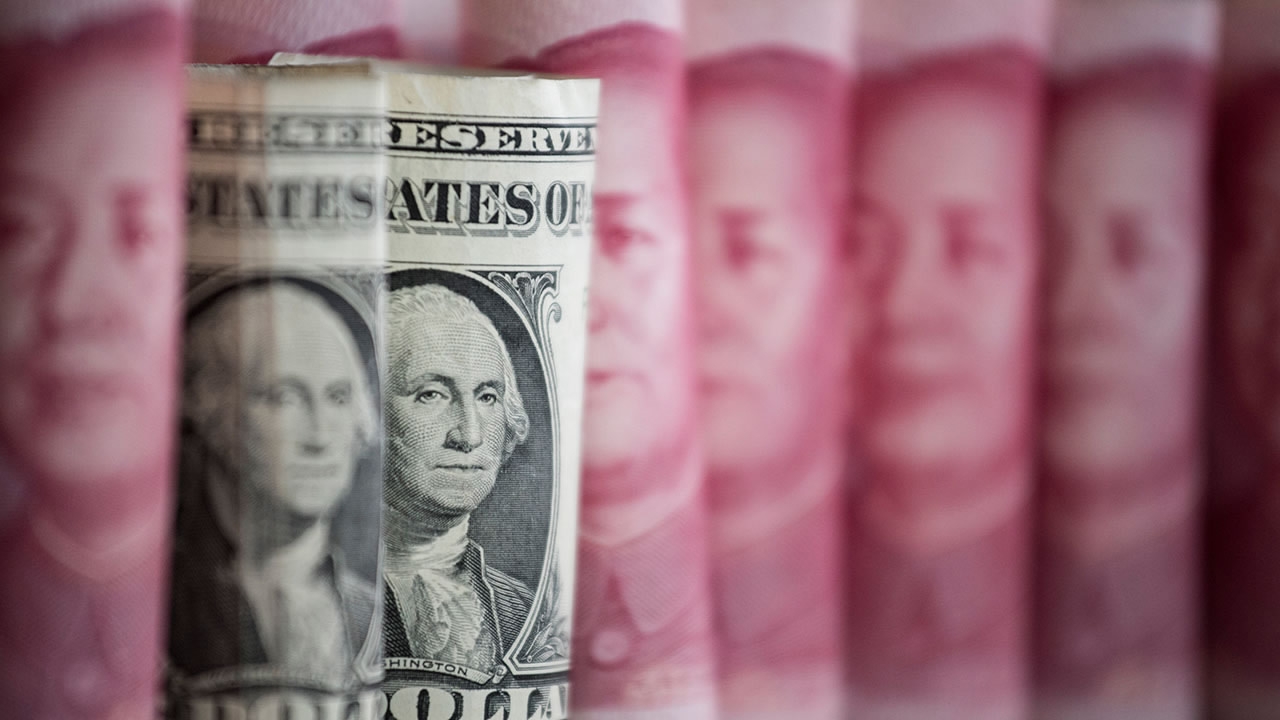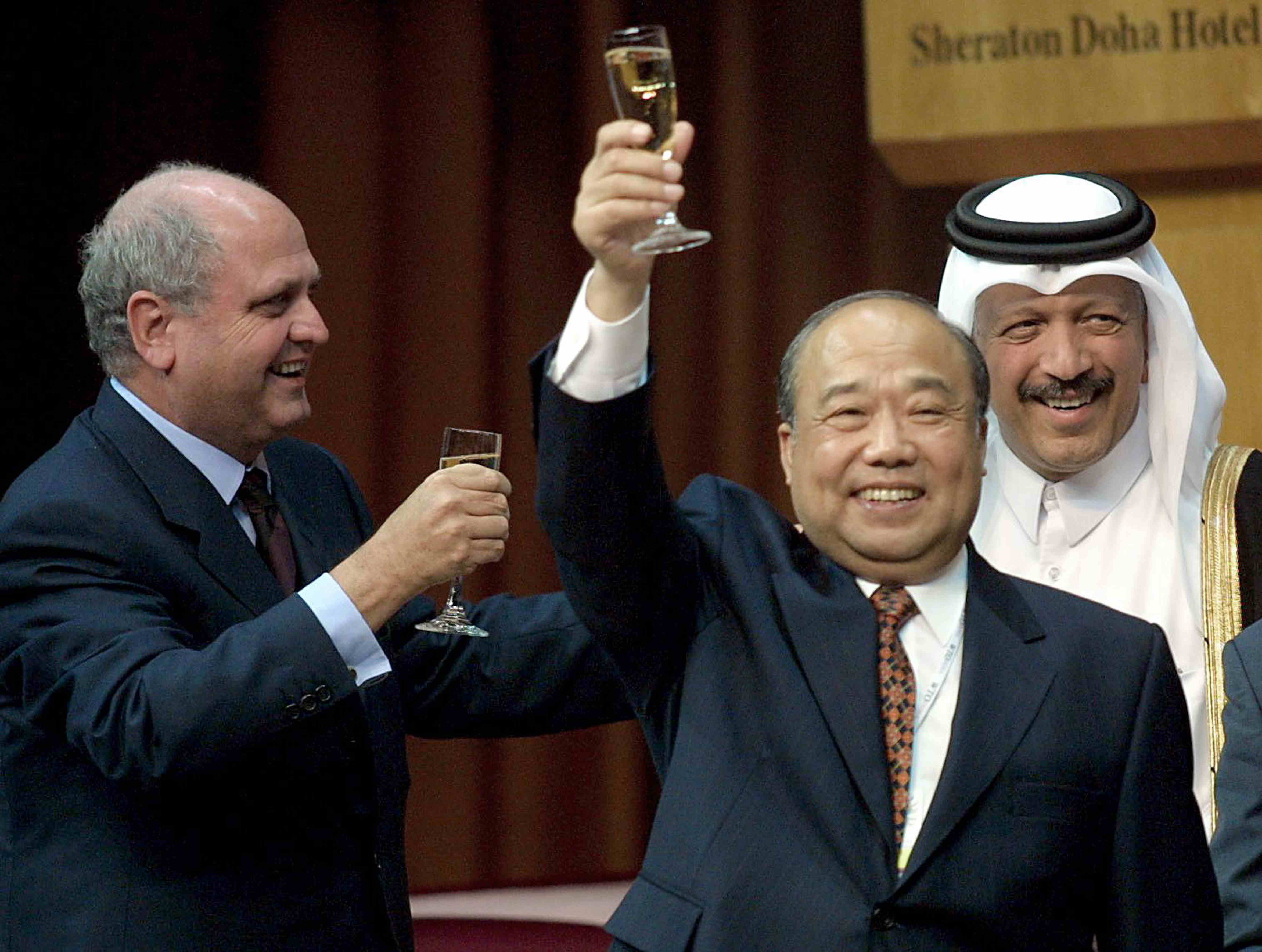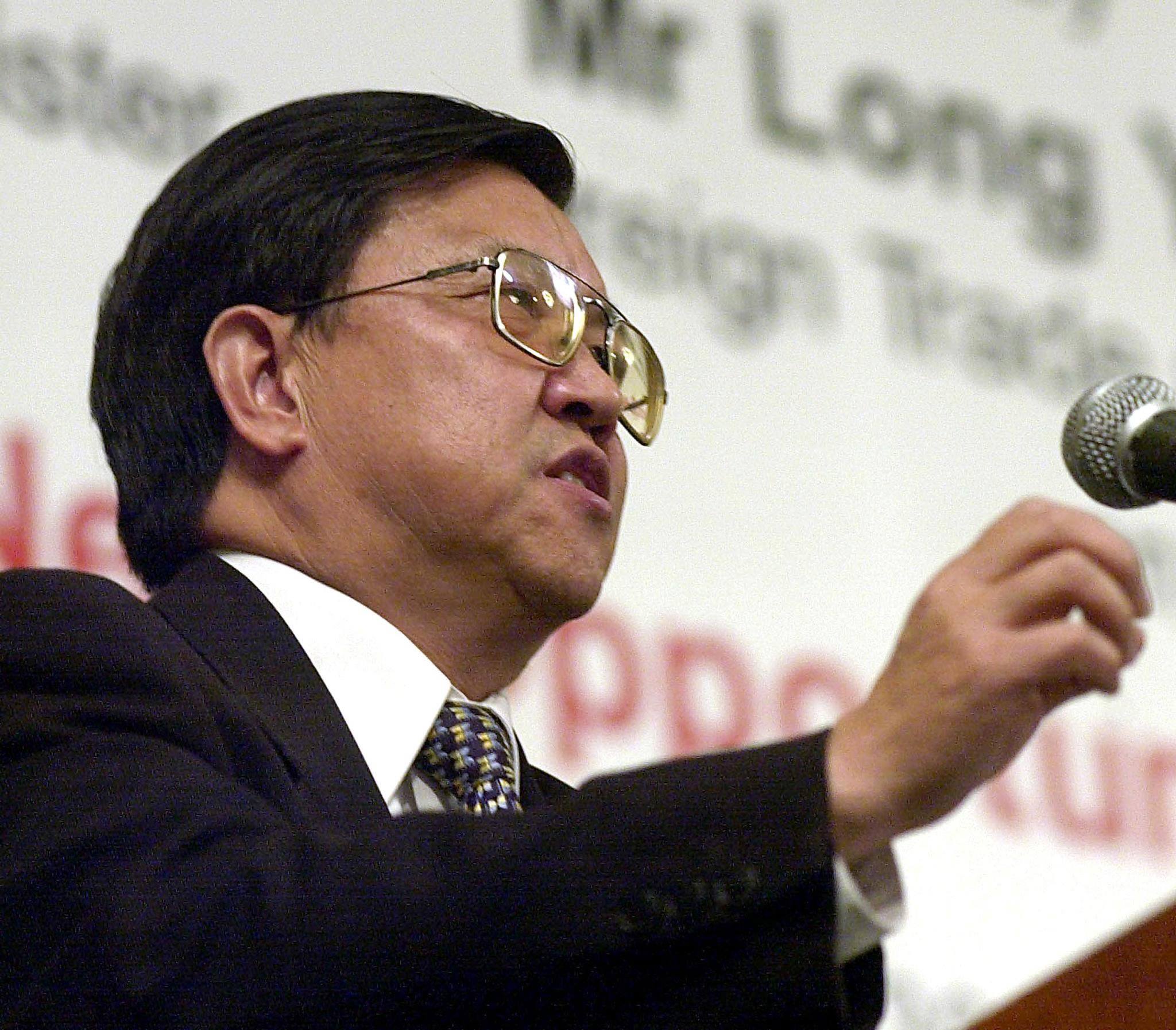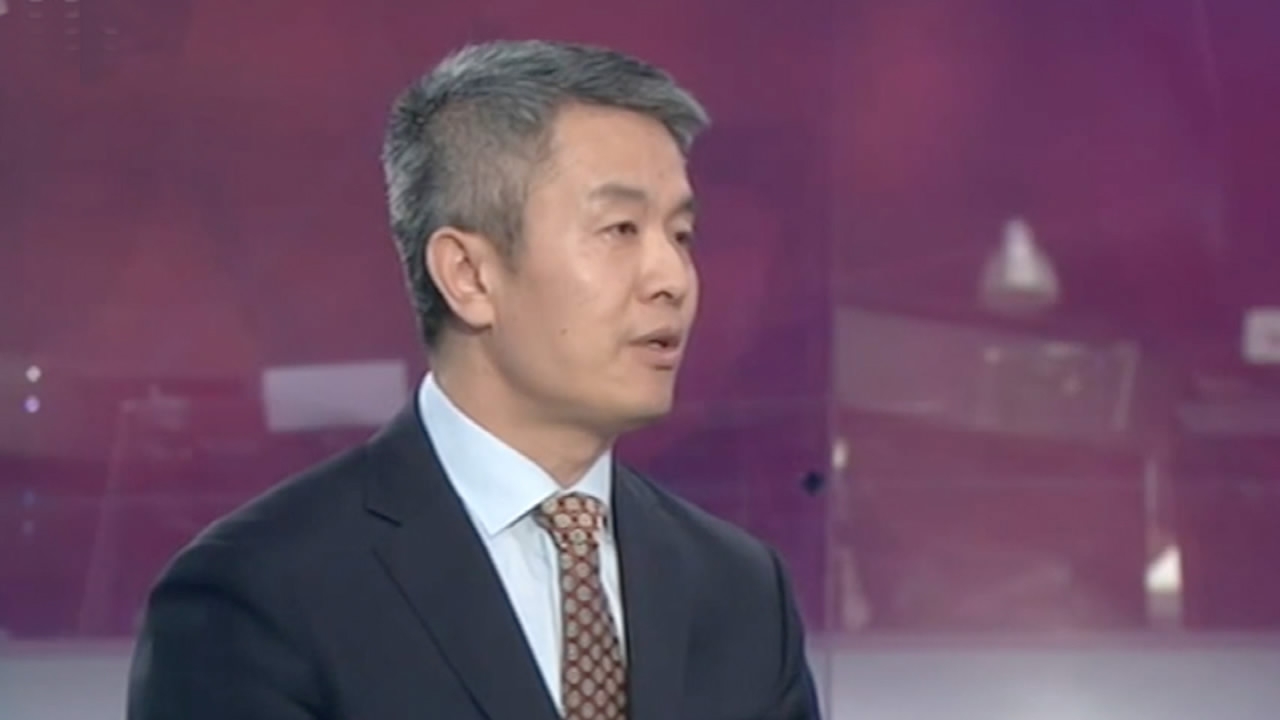
Opinions
18:17, 10-Sep-2017
China Footprint: Who benefits from China's trade policy?
CGTN

Sixteen years after China’s entry to the World Trade Organization (WTO), trade is still a major issue for China’s relationship with other countries. It is especially true when it comes to China-US bilateral relations. US President Donald Trump has called out China for its trade policies, accusing the country of conducting unfair trade with the US. Other countries argue that China is the only country that’s benefited from international trade.
However, China’s contribution to the international economy has grown since it joined the WTO. The country’s contribution to the world's economy has also skyrocketed, from under one percent to more than 30 percent.
In its first 6 years after joining the WTO, imports increased by over 30% each year, that’s a-100-billion-dollar increase annually.

Head of the World Trade Organization Mike Moore (L), Qatari Finance, Economy and Trade Minister Sheikh Yussef Hussein Kamal (R) and Chinese Foreign Trade and Economic Cooperation Minister Shi Guangsheng share a toast during the signing ceremony of China's entry to the WTO in Doha, November 11, 2001. /AFP Photo
Head of the World Trade Organization Mike Moore (L), Qatari Finance, Economy and Trade Minister Sheikh Yussef Hussein Kamal (R) and Chinese Foreign Trade and Economic Cooperation Minister Shi Guangsheng share a toast during the signing ceremony of China's entry to the WTO in Doha, November 11, 2001. /AFP Photo
Trade volume has jumped from 500 billion US dollars to 4.5 trillion. That's a nine-fold increase from 2001 to 2016. China has also become the biggest export country moving up from the sixth-place ranking in 2001.
China’s has fulfilled its WTO commitments.
China cut its import tariffs from an average of 15.3% in 2001 to 9.8% in 2010, in accordance with WTO rules. Some products have seen dramatic drops. For example, the car tariff used to be as high as 100%, it’s now been reduced to 25%. Average wine tariffs fell from 120% to 14%.
“When China benefits from economic globalization, the others are also benefiting from China’s market, which is the biggest in the world.” Long Yongtu, chief negotiator of China’s entry to the WTO in 2001, argue that is unfair to call China as a free-rider of globalization.
China’s commitment to promoting free and fair multilateral trade has never wavered since 2001.

Long Yongtu, Vice Minister and Chief Representative for Trade Negotiations of the Ministry of Foreign Trade and Economic Cooperation (MOFTEC) for China delivers a lecture on "China in the WTO: New Opportunities for Singapore and ASEAN" organized by Singapore's Institute of Policy Studies, November 30, 2001. /AFP Photo
Long Yongtu, Vice Minister and Chief Representative for Trade Negotiations of the Ministry of Foreign Trade and Economic Cooperation (MOFTEC) for China delivers a lecture on "China in the WTO: New Opportunities for Singapore and ASEAN" organized by Singapore's Institute of Policy Studies, November 30, 2001. /AFP Photo
China in recent years has also been very active in the global economy. It firmly supports globalization and is against trade protectionism. It has been an important member of the BRICS emerging economies mechanism. The Belt and Road Initiative is the latest in China’s global integration efforts. Nearly 70 countries have signed up to be part of the development strategy.

(Written by CGTN's Zhang Yu, CGTN’s Zou Yun also contributed to the piece)

SITEMAP
Copyright © 2018 CGTN. Beijing ICP prepared NO.16065310-3
Copyright © 2018 CGTN. Beijing ICP prepared NO.16065310-3